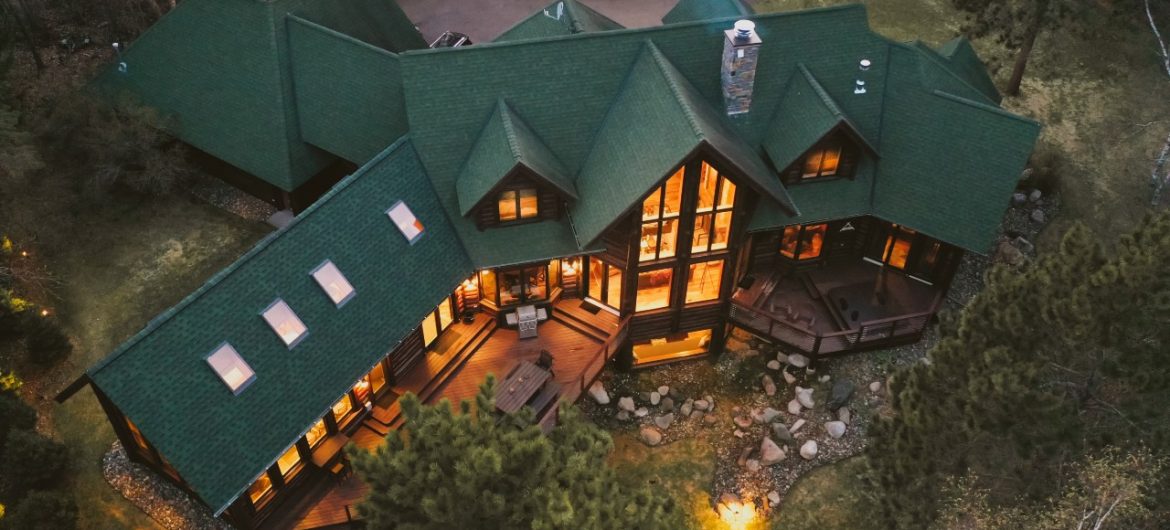Expedia reported third-quarter earnings this week and Vrbo was a bright spot for the company this year offsetting a steep dive in hotel and airline bookings.
Vrbo’s contribution to Expedia limited the decline of lodging revenue to 52%. According to the company’s earnings release, “revenue per room night benefited from an increase in the percentage of room nights contributed by Vrbo, which has a higher revenue per room night than the rest of our lodging business.”
Expedia’s 58% drop in room nights stay was offset by a 14% increase in revenue per room night. The product mix shift to Vrbo boosted ADRs, up 8%, due to solid ADR growth at Vrbo which carries significantly higher ADRs than hotels.
On its earnings call this week, Expedia CFO Eric Hart noted that year-to-date, Vrbo is down. Vrbo took a major hit in the spring during the early days of Covid. Vrbo was up before Covid and up since early spring.
Management believes the bump in alternative accommodations relative to the other lodging categories is short-term. Covid drove a preference for alternative accommodations and Vrbo benefited from this rising demand. They expect the alternative accommodation category to normalize once travel picks up.
Vrbo provided the necessary lift for Expedia and as important, brought in new customers. Vrbo had its strongest month in June, followed by a strong July, but the business has subsided since the summer peak.
Vrbo continued to be quite strong, coming off that June high which was a lot of pent-up demand. But the third quarter was strong. We were up year-over-year. And we think it bodes well both because we brought in a lot of new customers and we believe those customers will have long-term value for us. And we’re – it’s helping to land the Vrbo brand and making people more familiar with it.
Peter Kern, Expedia CEO
The company attributes a Vrbo slowdown in the 3Q and 4Q to seasonality.
Vrbo is much more seasonal than the rest of our business. So it’s concentrated in the summer months. So we would naturally expect to see it come down into Q3 and into Q4, and that is what we’re seeing. It continues to be at healthy rates and continues to be a product that I think consumers, in the environment that we’re in particular, find compelling to be able to continue to travel.
So you can think about our – the normal travel seasonality of looking in the early part of the year to stay in the middle part of the year and then less activity in the latter part of the year, just magnified in Vrbo relative to the rest of travel.
Eric Hart, Expedia CFO
Vrbo and Airbnb Diverge in Their Post-Covid Outlook and Strategy
It’s clear from Expedia’s latest earnings call that Vrbo and Airbnb have very different visions of the future post-Covid.
Airbnb is capitalizing on the quickly-growing remote working trend to drive more bookings through its platform. The company is pushing a new vision, “working from any home”, moving beyond the company’s brand identity of “belonging anywhere” that focuses on travel and the global community.
Vrbo has been marketing staycations, capitalizing on the current strong remote working trend. Unlike Airbnb, Vrbo sees it as short-term demand that will go away with Covid.
A lot of the advertising and marketing we’ve been doing with Vrbo have to do with sort of Staycations, if you will, in North America where kids may not be going to school, people may not be going to work. Sort of take your life somewhere else, and we think there is opportunity to break some patterns, while this going on. But that is just a COVID-centric issue.
Airbnb sees a long term behavior shift from the pandemic. It has put forward a vision of the future driven by increased mobility, not just in travel but living. Airbnb is positioning its business, even evolving its brand DNA, to reflect this new vision. Vrbo, under the Expedia umbrella, sees a post-pandemic future that is not too different from the past, a return to the norm as a slice of the travel lodging pie.
Airbnb and Vrbo are very different businesses – always have been – despite operating in the same sector.





